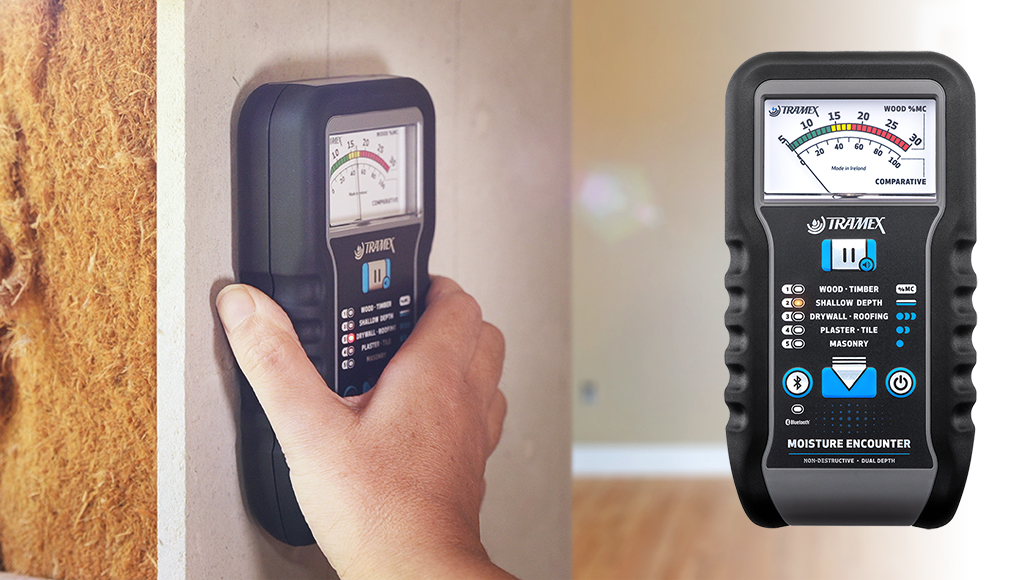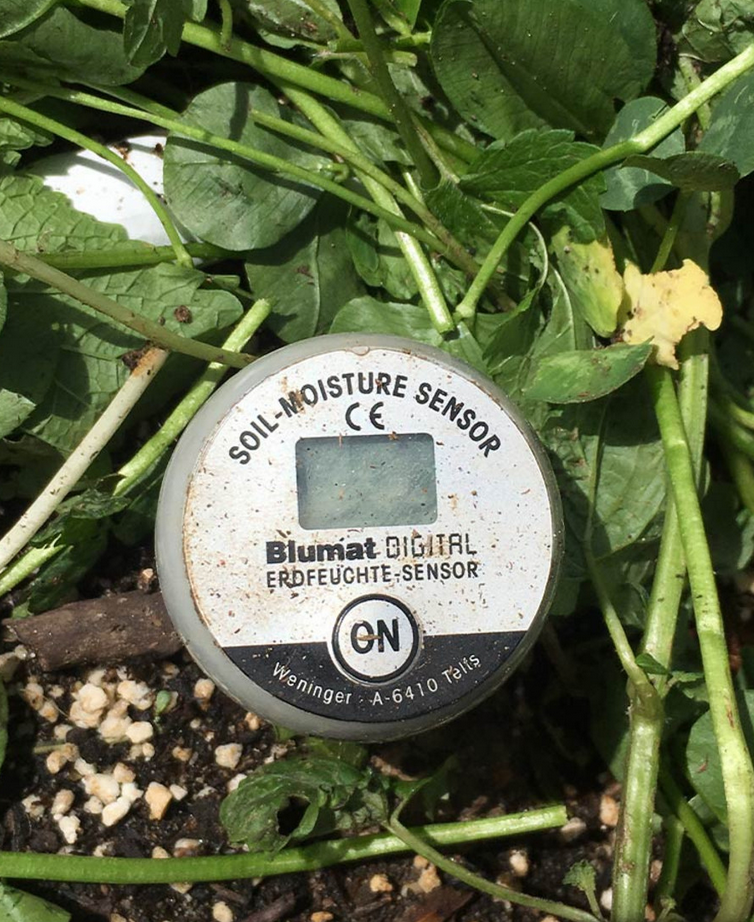The Ultimate Guide to Choosing the Right Moisture Meter for Your Needs
The Ultimate Guide to Choosing the Right Moisture Meter for Your Needs
Blog Article
The Ultimate Overview to Moisture Meters: A Comprehensive Summary and How They Can Conserve You Cash
Wetness meters serve as crucial tools in finding and keeping track of moisture material in products, assisting in stopping pricey damages and guaranteeing the quality of products. Comprehending the subtleties of different types of wetness meters, their applications, and the possible cost-saving benefits they provide can be a game-changer for professionals and services alike.
Kinds Of Moisture Meters
One common type is the pin-type moisture meter, which gauges the electric resistance in between 2 pins placed into a material. Pinless moisture meters, on the other hand, use electro-magnetic sensing unit plates to scan a bigger location without triggering damage to the material's surface area.

In addition, there are likewise specialty dampness meters created for certain materials like dirt, grain, or hay. These meters supply precise wetness readings customized to the distinct residential properties of the material being examined. Infrared wetness meters gauge the thermal buildings of a material to establish its wetness web content non-invasively, making them beneficial for applications where pin or pinless meters may not be suitable. Recognizing the different sorts of moisture meters offered can assist industries select one of the most proper device for their particular dampness measurement demands.

Benefits of Using Dampness Meters
Wetness meters supply indispensable benefits in accurately monitoring and evaluating dampness levels in varied materials and settings (Moisture Meter). Among the primary advantages of making use of dampness meters is the prevention of potential damage brought on by excess dampness. By spotting and attending to high wetness degrees at an early stage, dampness meters aid to avoid mold growth, rot, and structural damage in buildings, saving both money and time on repair services. Furthermore, dampness meters help in making certain the top quality of products during building and construction or manufacturing processes. By precisely determining moisture content, these devices assist preserve the stability of wood, drywall, concrete, and other materials, reducing the threat of flaws or failings.
In addition, making use of dampness meters can lead to boosted energy effectiveness. In farming settings, dampness meters play an essential role in enhancing plant returns by making it possible for farmers to keep an eye on soil dampness degrees and make educated watering choices.
Exactly How to Choose the Right Wetness Meter
When picking a dampness meter, it's essential to make sure that the meter is appropriate for the details product you will certainly be screening. Various products have varying electric properties that can affect dampness analyses, so choosing a meter developed for your material is essential for exact results. By meticulously assessing these aspects, you can choose a dampness meter that meets your needs and provides accurate wetness measurements for your projects.
Correct Methods for Wetness Meter Usage

Cost Cost Savings Through Moisture Meter Applications
Just how can the calculated utilization of dampness meters lead to considerable cost financial savings throughout different sectors? In the farming industry, wetness meters help in figuring out the optimal time for collecting plants, avoiding over-drying or excess wetness that can influence the final item's quality.
Similarly, in construction, dampness meters help protect against costly problems by discovering dampness levels in structure materials, such as timber or concrete, which can result in architectural issues if not resolved quickly. By determining trouble locations early, professionals can take restorative actions to avoid substantial repairs or replacements, eventually saving time and cash.
Additionally, in the food processing market, dampness meters are essential for keeping an eye on item top quality and ensuring conformity with safety policies. By precisely determining dampness web content in food items, manufacturers can avoid spoilage, maintain freshness, and decrease waste, leading to considerable expense financial savings. Generally, the critical application of moisture meters is a useful financial investment that can cause significant expense decreases and enhanced effectiveness throughout different markets.
Final Thought
In verdict, moisture meters are important devices for finding and gauging moisture degrees in various products. By utilizing the appropriate dampness meter and following correct techniques, users can effectively stop Bonuses costly problems brought on by excess dampness. Buying a quality moisture meter can lead to substantial cost financial savings over time by determining prospective issues at an early stage and enabling prompt remediation. Ultimately, wetness meters are necessary instruments for preserving the stability and durability of frameworks and products.
Wetness meters offer as vital tools in spotting and keeping track of moisture web content in materials, helping in protecting against costly problems and ensuring the high quality of products. Infrared dampness meters measure the thermal homes of a product to determine its moisture material non-invasively, making them valuable for applications where pin or pinless meters may not be appropriate.Wetness meters supply important advantages in properly keeping track of and examining dampness levels in varied materials and atmospheres. In farming setups, dampness meters play an essential function in enhancing plant returns by useful source making it possible for farmers to monitor soil moisture levels and make informed irrigation decisions.In final thought, moisture meters are useful devices for identifying and gauging moisture levels in various materials.
Report this page